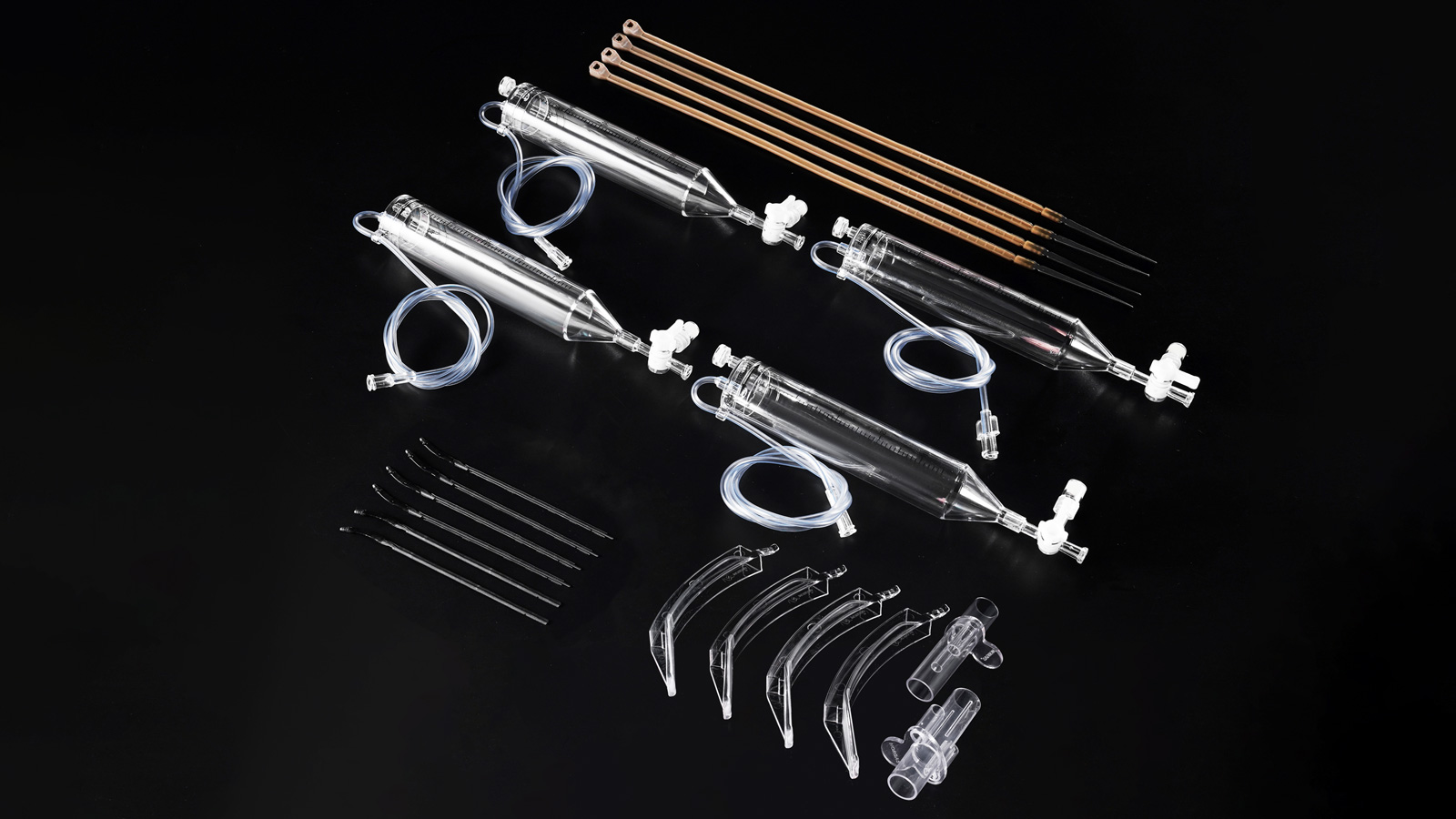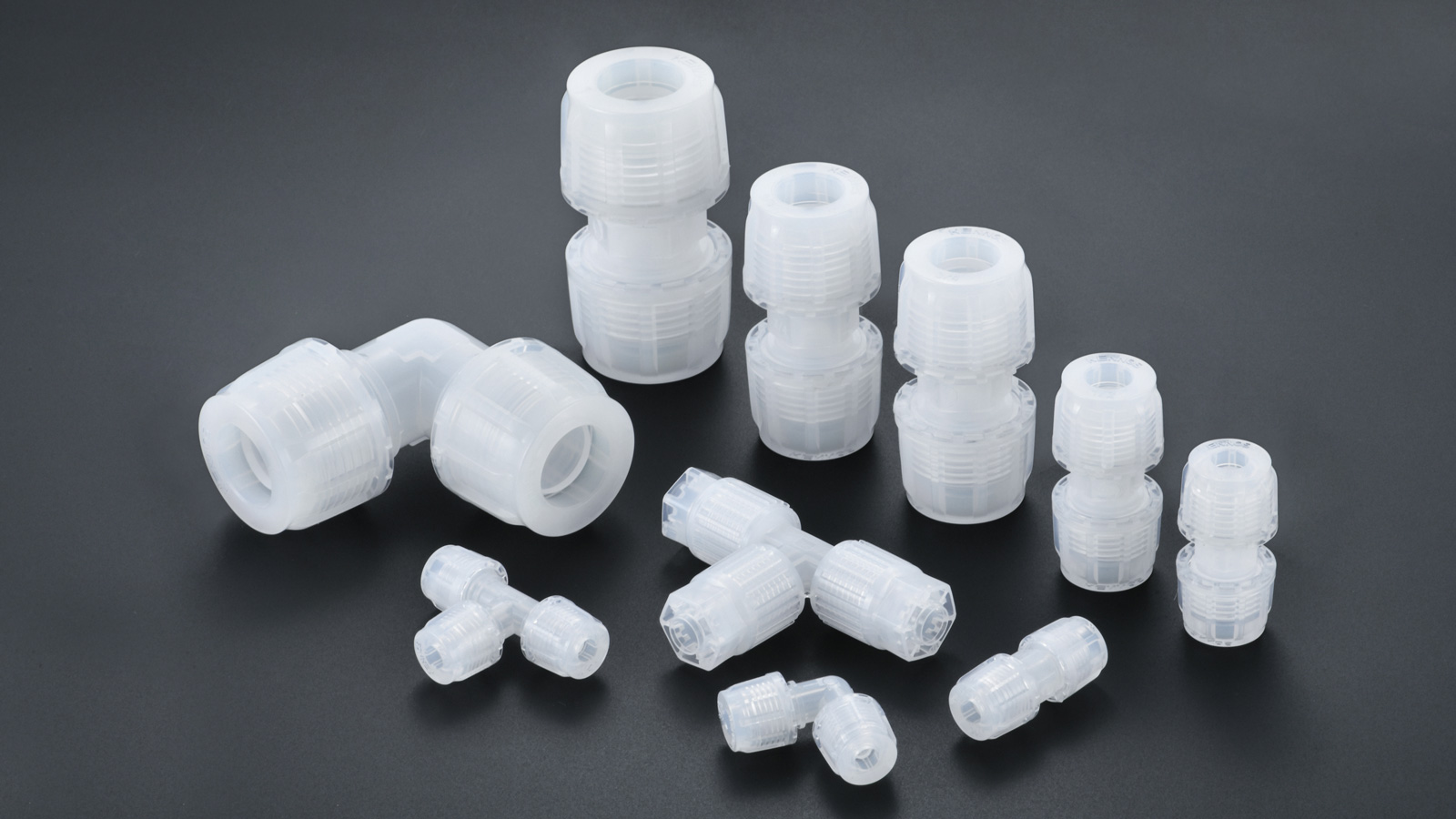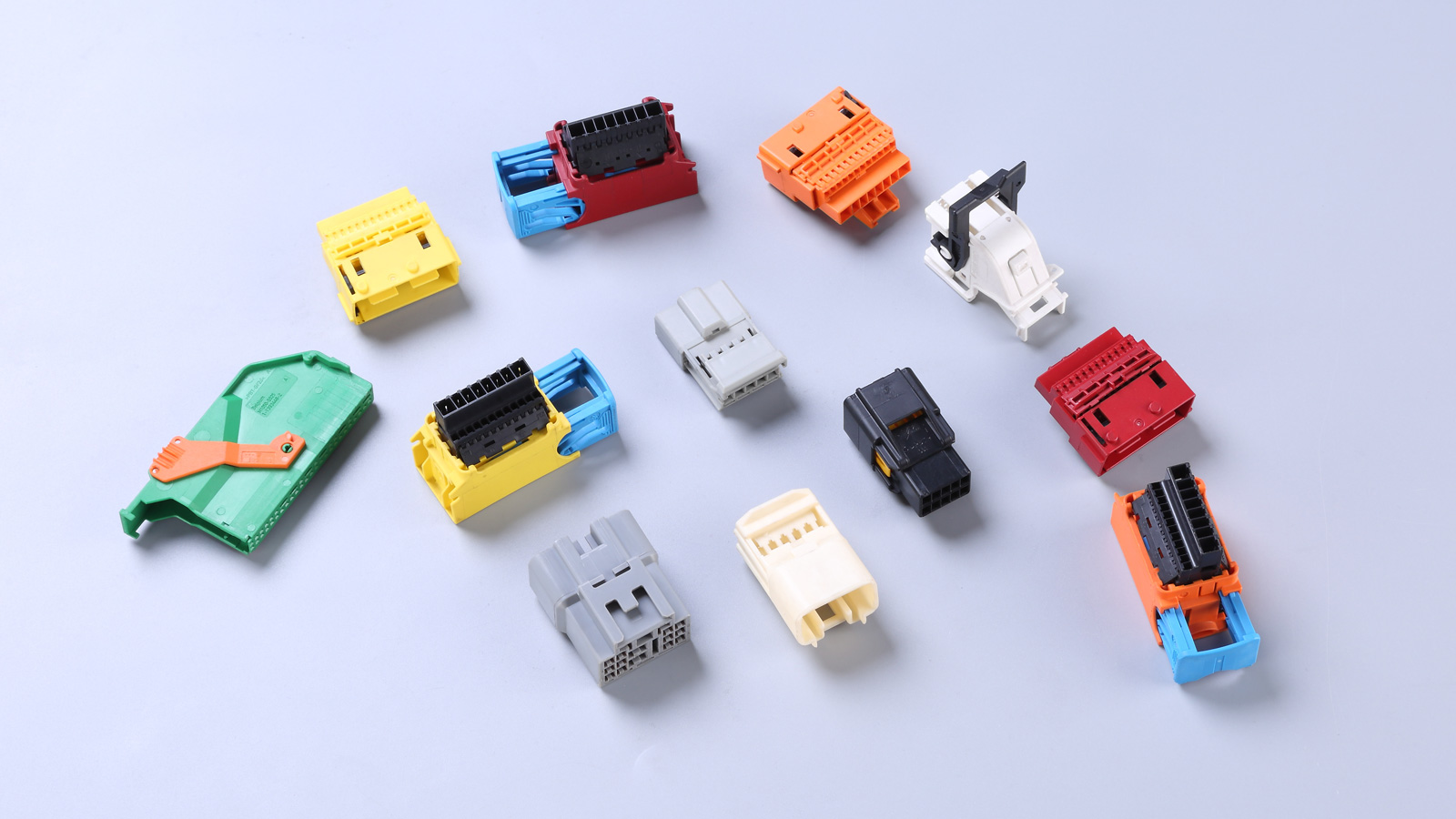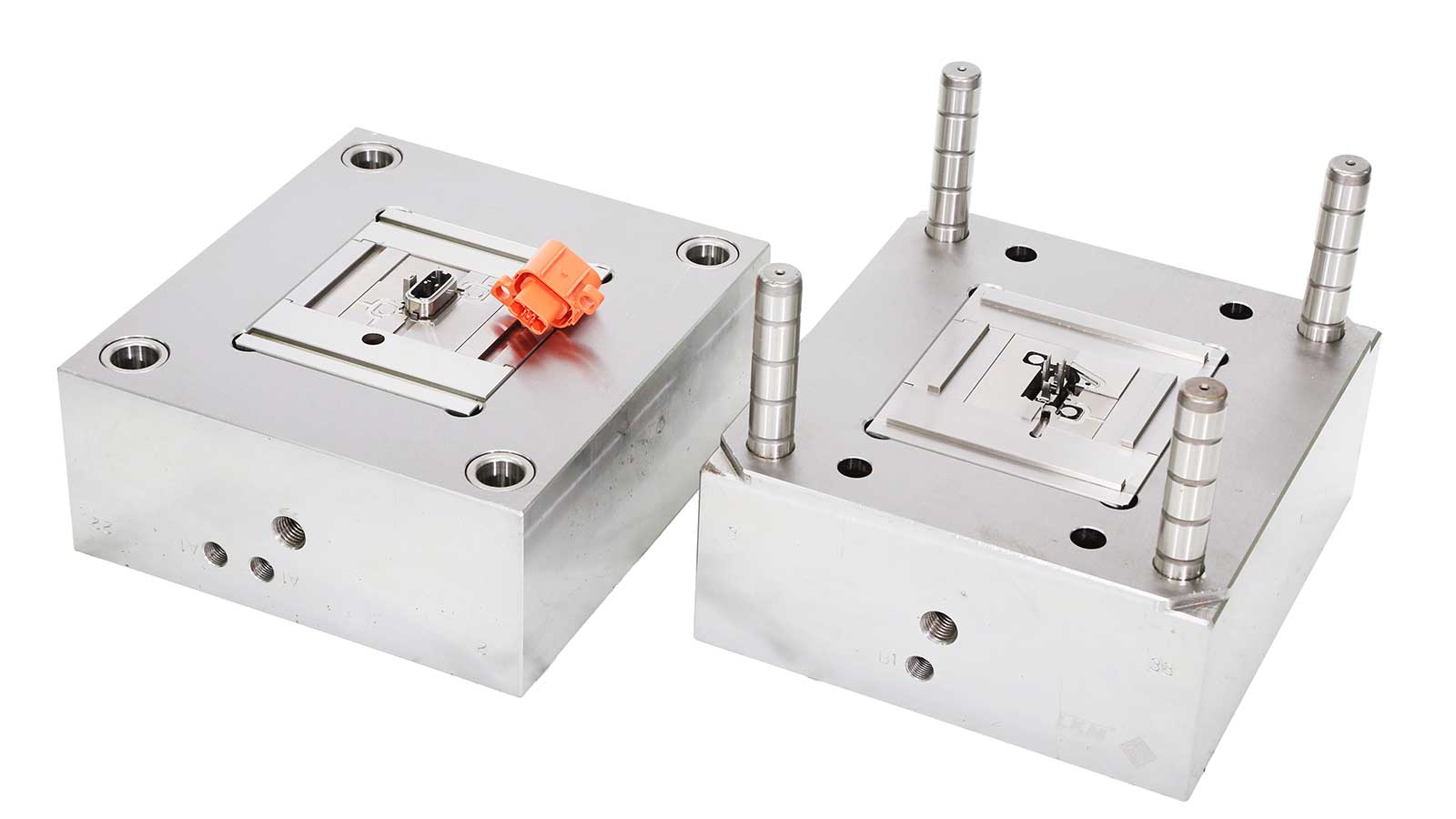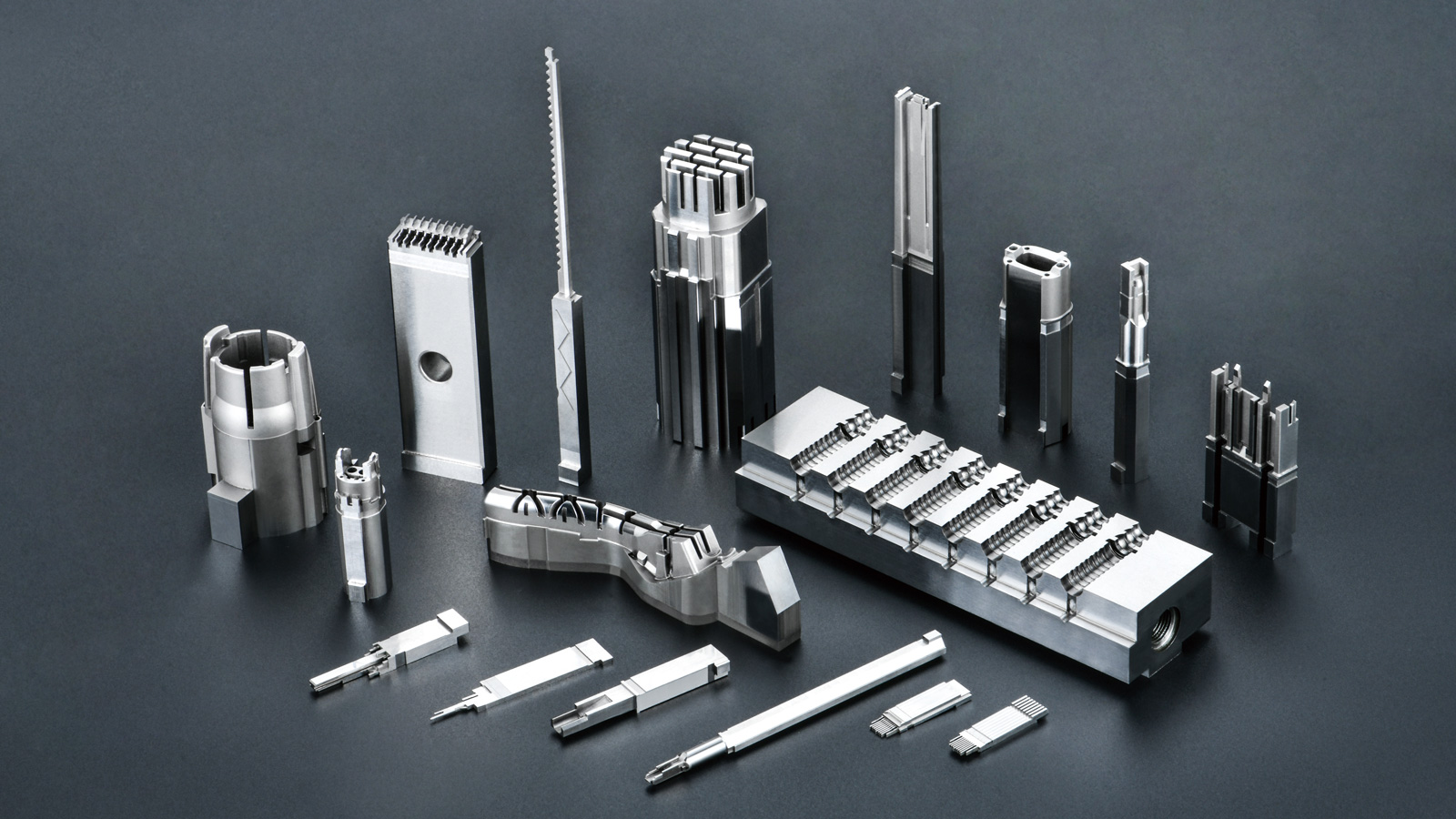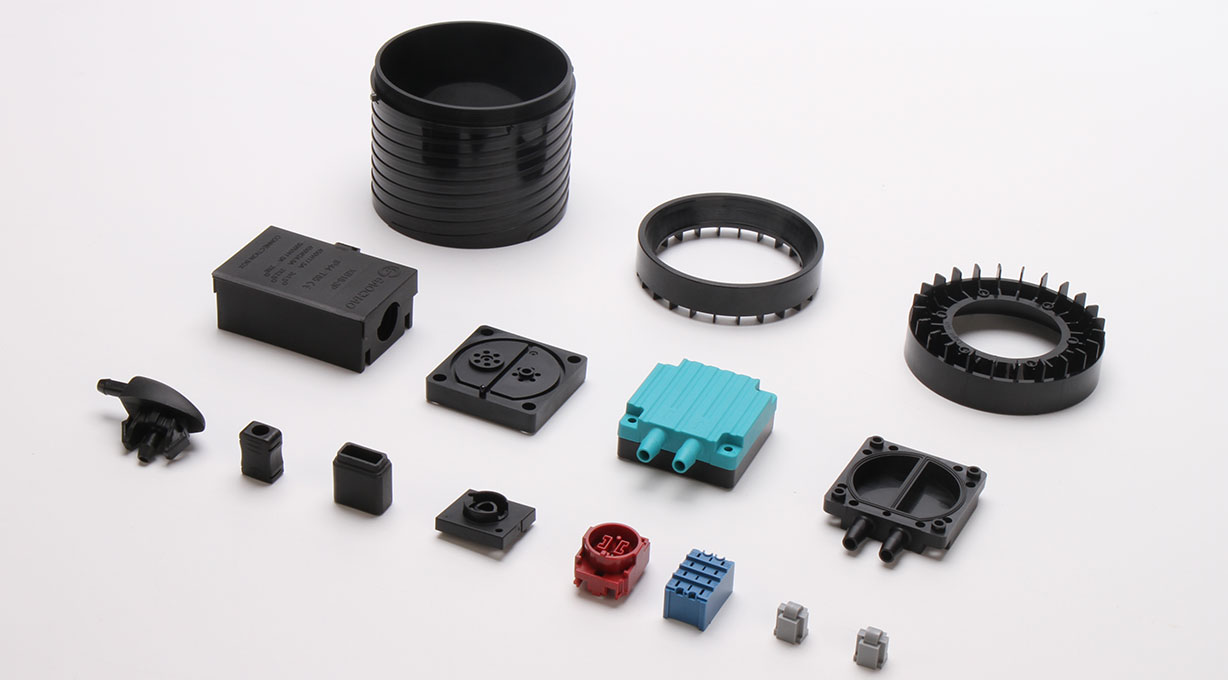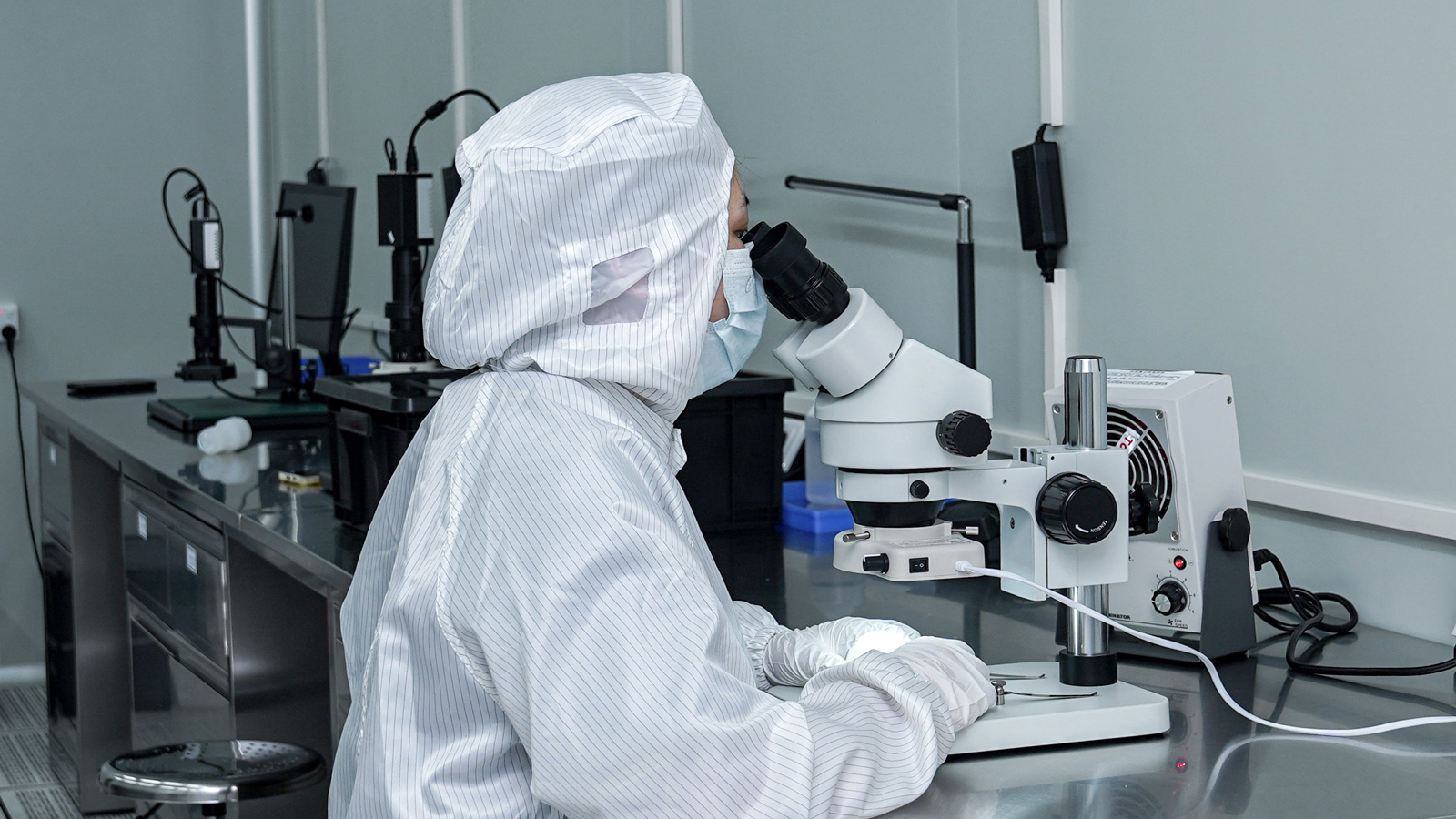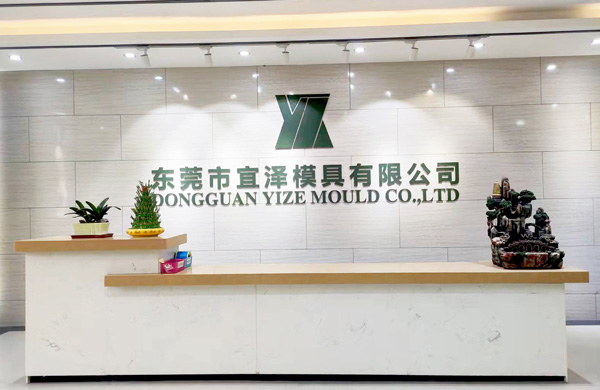In the current era of rapid technological development, engineering-grade resin materials have emerged as shining stars, quietly reshaping the landscape of numerous industrial sectors. Nowadays, an increasing number of industries are keenly aware of the immense potential and significant advantages of replacing metal products with plastic ones in component production. A wave of transformation towards “replacing steel with plastic” is surging forward. Many part manufacturers are also keeping pace with the times, swiftly selecting mass injection molding as their primary production method in the hope of seizing the initiative in this transformation.
Excellent Performance, On Par with Metals
In traditional perceptions, metal products are often renowned for their solidity and reliability. However, plastic products are no longer what they used to be. With the help of advanced engineering-grade resin materials, plastic parts can achieve solid strength and reliability comparable to those of metal parts, and can easily achieve the same level of design precision in terms of tolerances. Moreover, with the support of specialized design methods, some plastic parts even surpass metals in terms of physical and chemical properties, demonstrating superior performance. For example, certain high-performance engineering plastics possess tensile strengths sufficient to meet application scenarios with extremely high strength requirements, providing reliable product solutions for enterprises in various industries.
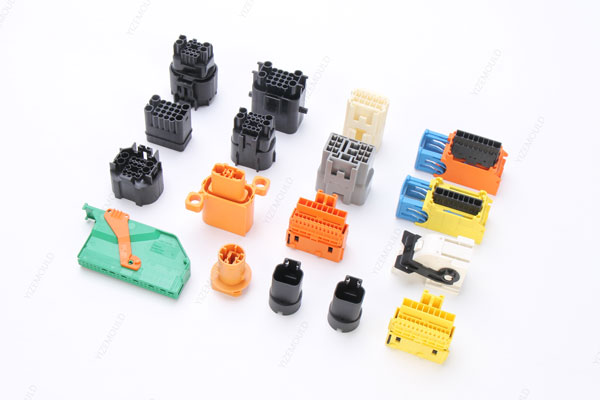
Cost Reduction and Efficiency Enhancement: Significant Economic Advantages
In terms of cost control and production efficiency, plastic products exhibit advantages that are difficult for metal products to match.
- Lightweight for Easy Transportation: Reducing weight is a prominent advantage of plastic products. Compared with metals, plastics have lower densities, resulting in a significant reduction in the weight of plastic parts. For products requiring large-scale transportation, this advantage directly translates into substantial reductions in packaging and transportation costs. Taking the automotive industry as an example, replacing some metal parts with plastic components not only helps reduce the overall weight of the vehicle and improve fuel efficiency but also reduces energy consumption and transportation costs during the transportation process, bringing considerable economic benefits to enterprises.
- Low Cost and Efficient Manufacturing: The manufacturing cost of plastic products is relatively low. On one hand, in terms of raw material costs, engineering-grade resin materials are generally less expensive than metal materials, lowering the basic threshold for production costs. On the other hand, the mass injection molding process enables large-scale and efficient production during the production process, significantly shortening the production cycle and improving production efficiency. At the same time, plastic parts require fewer secondary processing steps during manufacturing, further saving time and labor costs. This efficient and low-cost production model allows enterprises to offer products at more competitive prices in the market, enhancing their market competitiveness.
- Reduced Waste and Environmental Protection: In terms of material utilization, plastic products are more environmentally friendly and efficient. The injection molding process can precisely control the amount of material used, reducing material waste and improving material utilization rates. Moreover, plastic materials are recyclable. Recycled plastic materials can be processed and reused for production, achieving resource recycling and aligning with the concept of sustainable development. In contrast, the metal processing process often generates more waste, and the recycling and treatment costs of some metal waste are relatively high. The characteristic of plastic products undoubtedly adds an important weight to their appeal in today’s increasingly stringent environmental requirements.
Flexible Design, Unlimited Innovation Space
- Diverse Designs to Meet Individual Needs: Plastic products have inherent advantages in design flexibility. They are highly malleable and can easily achieve the design of various complex shapes and structures, providing a vast space for product design innovation. Whether it is consumer electronics products pursuing fashionable appearances or high-end equipment requiring special functional structures, plastic products can meet diverse design requirements. Designers can fully unleash their creativity and create unique products to meet the personalized needs of different customers, enhancing the market appeal of products.
- Corrosion Resistance and Extended Service Life: Plastic products also offer higher corrosion resistance. In harsh environmental conditions, such as humid or acidic environments, metal products are prone to corrosion, which affects their performance and service life. In contrast, plastic products can resist the erosion of these corrosive factors and maintain stable performance, extending product service life. This not only reduces the frequency of product replacements and lowers usage costs but also improves product reliability and stability, providing users with a better experience.
In the general trend of “replacing steel with plastic,” plastic products are gradually making a name for themselves in various industrial sectors with their excellent performance, significant economic advantages, and flexible design characteristics. With continuous technological progress and innovation, the application prospects of plastic products will be even broader, and they are expected to become an important driving force for industrial development. For enterprises, actively embracing this transformation and fully leveraging the advantages of plastic products will help them stand invincible in the fierce market competition and create a brighter future.
